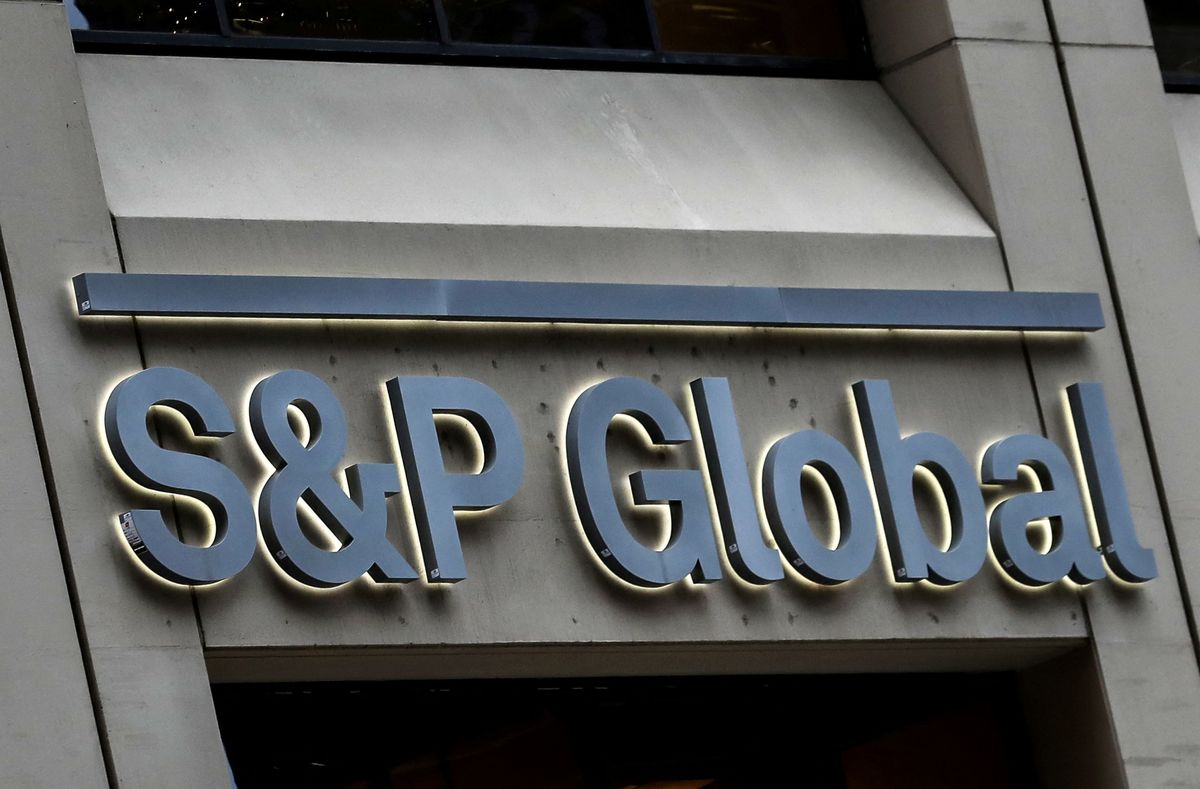S&P Global removes ESG scores from credit ratings
Back in 2021, S&P Global, a major player in handing out company credit ratings, introduced a scoring system ranging from 0-100 to gauge how companies dealt with ESG-related risks.

A few minutes every morning is all you need.
Stay up to date on the world's Headlines and Human Stories. It's fun, it's factual, it's fluff-free.
The backstory: Back in 2021, S&P Global, a major player in handing out company credit ratings, introduced a scoring system ranging from 0-100 to gauge how companies dealt with ESG-related risks. ESG stands for environmental, social and governance factors – basically, how companies handle things like pollution and social issues. Moody's, another credit rating giant had already adopted similar scales. These scores could sway a company's borrowing costs as they have influence over investment choices.
More recently: Some critics have raised concerns that these ratings can get quite complicated and are hard to understand. In particular, S&P's ESG indicators cover areas like human rights, social integration and eco-friendly strategies. But S&P Global faced pushback, especially from US Republicans who felt these ESG factors were pushing certain political values, and several conservative state attorneys-generals even started an investigation into how S&P was using ESG criteria in its credit ratings.
The development: Now, S&P Global has decided to stop showing these ESG scores alongside credit ratings. The reason? Investors were having a hard time understanding how these scores actually connected to credit ratings. So, to make things clearer, S&P has decided to make some tweaks to its approach.
S&P also said this move won't affect its core principles, rules or discussions about ESG-related matters. It’s making it clear that this won't change how it discusses ESG factors and how they influence creditworthiness.
Key comments:
"We have determined that the dedicated analytical narrative paragraphs in our credit rating reports are most effective at providing detail and transparency on ESG credit factors material to our rating analysis, and these will remain integral to our reports," said S&P Global.
“Too many consumers and investors have been hurt by the woke ESG movement’s obsession with radical social change and willingness to ignore the law,” said Texas Attorney General Ken Paxton in a statement last year. “We’re investigating S&P Global to find out if they’ve engaged in the types of destructive, illegal business practices that are so pervasive in the ESG movement. If so, they will have to answer for their actions.”
"Users have signaled that having multiple ESG ratings and data products can cause confusion, raising serious questions about relevance, reliability and greenwashing," said Ashley Alder, who chairs IOSCO and heads Hong Kong's securities watchdog, in 2021.




Comments ()